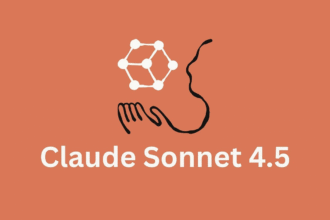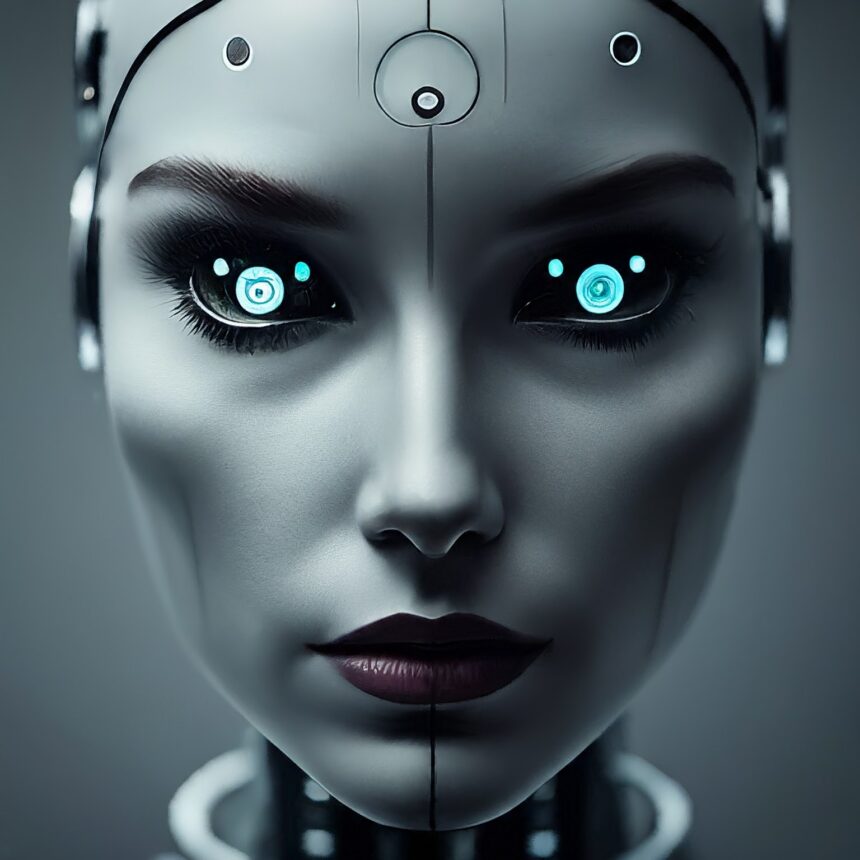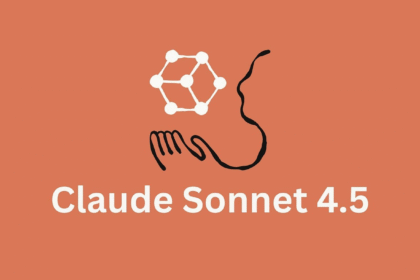The UK Supreme Court has ignited a firestorm in the world of AI and intellectual property with its landmark ruling: AI cannot be named as the inventor on patents. This decision, stemming from a case brought by Dr. Stephen Thaler and his AI system DABUS, has left many wondering: where does this leave the future of AI-driven innovation?
The Case: DABUS Ai and the Quest for Inventor Recognition
Dr. Thaler claimed that DABUS, an AI system he developed, independently invented two products: a food container and a light beacon. He filed patent applications in the UK, listing DABUS as the inventor and himself as the owner. However, the UK Intellectual Property Office (IPO) rejected the applications, citing the current law’s requirement for an inventor to be a human.
The Climb and the Fall: Lower Courts Uphold IPO’s Decision
Dr. Thaler’s fight for patent recognition took him through the UK court system, with the High Court and Court of Appeal upholding the IPO’s decision. Finally, his appeal reached the highest court in the land, the Supreme Court.
The Verdict: No Inventor Rights for AI, Yet…
The Supreme Court unanimously dismissed Dr. Thaler’s appeal, reiterating that under current law, only humans can be inventors. The court also rejected his argument of ownership. stating that DABUS lacks legal personality and his relationship with the AI and its inventions is not recognized by law.
The Open Questions: Did DABUS Invent? Is the Law Outdated?
The Supreme Court’s decision sidestepped the question of DABUS’s actual inventiveness and the patentability of its creations. These remain open questions for future legal battles and technological advancements.
Furthermore, the court acknowledged the potential need for legal reform in the face of evolving AI technology. However, it emphasized that any changes to patent law must come from Parliament, not the courts.
The Supreme Court’s ruling has sparked a global debate on the legal landscape of AI and its role in innovation. While the decision may hinder immediate patent recognition for AI-driven inventions, it also ignites a critical conversation about adapting our legal framework to the evolving technological landscape.









